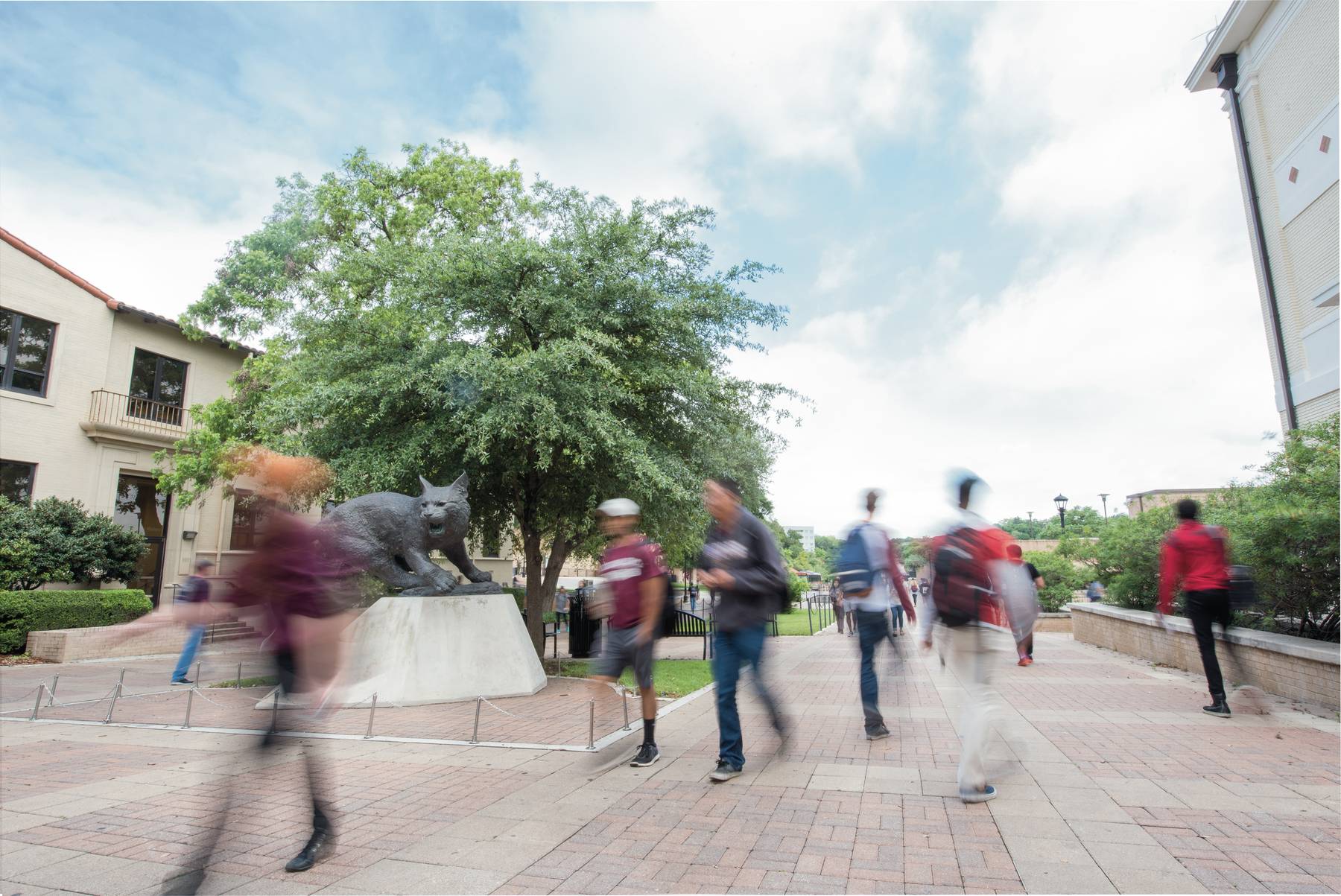The demographics of Texas reflect a need for Spanish, German, French and other languages translation to increase the reach and impact of research at TXST.
- Hispanic communities total 39.4% of the state's population.
- In Hays County, Hispanic communities total 39.% of the population.
- 35.1% of Texas households use a language other than English as their primary language at home.
- About 14% of Texans claim German heritage. German language is spoken by 15,000 people in the Hill Country region.
- In 2022, Texas trade with Germany totaled $ 17.3 billion, making Germany the 13th-largest trade partner with Texas.
- France was Texas’ 12th-largest export destination in 2022 with nearly $11.5 billion in exports. Texas exports make up 25% of all U.S. exports to France.
- More than 9,000 peer-reviewed scholarly journals are being published in other languages, with French (3,100), Spanish (2,900), German (2,700), and Chinese (1400) contributing the highest numbers.


